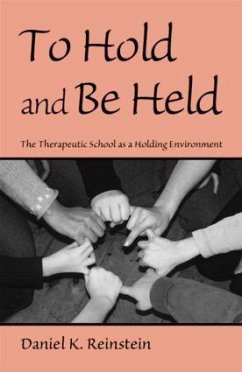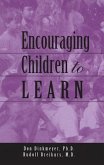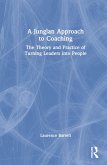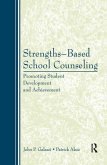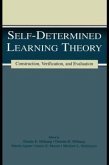CTSD is a private school that is designed to meet the needs of children with complex psychiatric and neurological disorders. "To Hold and Be Held" describes the very successful approach to treatment that CTSD practices. Drawing on the teachings of D.W. Winnicott and John Bowlby, who helped revolutionize thinking about relational psychology, it intends to provide professionals with a means to develop treatment strategies for these children in public school systems. It integrates the concepts of the "holding environment" and attachment theory and describes how they are applied in a clinical setting. This book explains the philosophy and creation of this system, provides extensive examples and references, and reaches out to both the child and his family. The approach applies to all levels and provides support for all those involved, allowing for the widespread practice of a successful approach, despite the lack of facilities.
Hinweis: Dieser Artikel kann nur an eine deutsche Lieferadresse ausgeliefert werden.
Hinweis: Dieser Artikel kann nur an eine deutsche Lieferadresse ausgeliefert werden.

